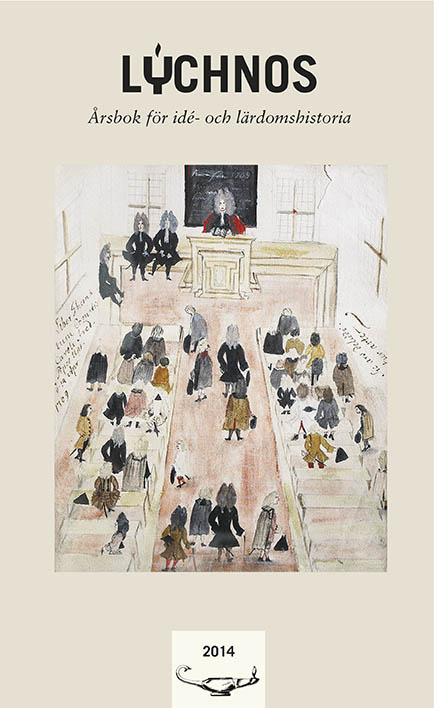The political economy of publicity
Publication history as an academic merit in German universities, 1750–1810
Abstract
“Is it wholly necessary that professors should become authors, and famous authors at that? This is a new question, and one which awaits answer.” Thus wrote Johann David Michaëlis in the second part of his four-volume Raisonnement über den protestantischen Universitäten in Deutschland, published in 1770. At that time, the profession of university teacher was entering a period of change. The University of Göttingen’s leadership had preferred candidates with a good publication record ever since the university was founded in 1737, and it was not long after that the government of Prussia decided to reserve university lectureships for those who had published a minimum of six different works in addition to a doctoral thesis and the further professorial thesis of the type that would later be known as a Habilitationsschrift. Governments in the other German states had soon adopted the same rule, and adjusted their selection procedures accordingly. Princes and university chancellors in the late 18th century consciously strived to recruit the most eminent and renowned writers for their institutions. Johann Adam Bergk drew attention to the change in his Die Kunst, Bücher zu lesen, from 1799: “We appreciate the value and the significance of a scholar only from his writings; he who does not write, now seems unsuited to the world of scholarship today, and when someone applies for a position, one always asks what he has written.”
The introduction of the new system of promotion was one link in a process that in time would fundamentally change the role of the academic. In “Publicitetens politiska ekonomi. Skriftställarskap som merit vid tyska universitet 1750–1810” (“The political economy of publicity. Publication history as an academic merit in German universities, 1750–1810”), I conduct a detailed analysis of this change. To a modern academic, intent on conducting and publishing research, the German universities of the 18th century can appear inhospitable: many libraries were in a miserable state; anything one wrote could be seized or withdrawn by the censor at any time; and one could be forced to teach from morning to night. I believe, however, that we should be wary of describing these factors in terms of obstacles. The problem with such a characterization is that it reinforces the tendency to take the incentives and driving forces as naturally occurring, when they rather need to be examined in terms of their historical origins. It is as if one were to begin by supposing that academics of all eras have always shared an overwhelming desire to publish, and that the only things preventing them from doing so were wholly external factors. Instead of taking this desire as a given, this article bring to light the methods and forms of control by which it was once created and instilled.
Downloads
Published
Issue
Section
License
This work is licensed under a Creative Commons Attribution 4.0 International License. The copyright for the work published in Lychnos remains with the authors.


